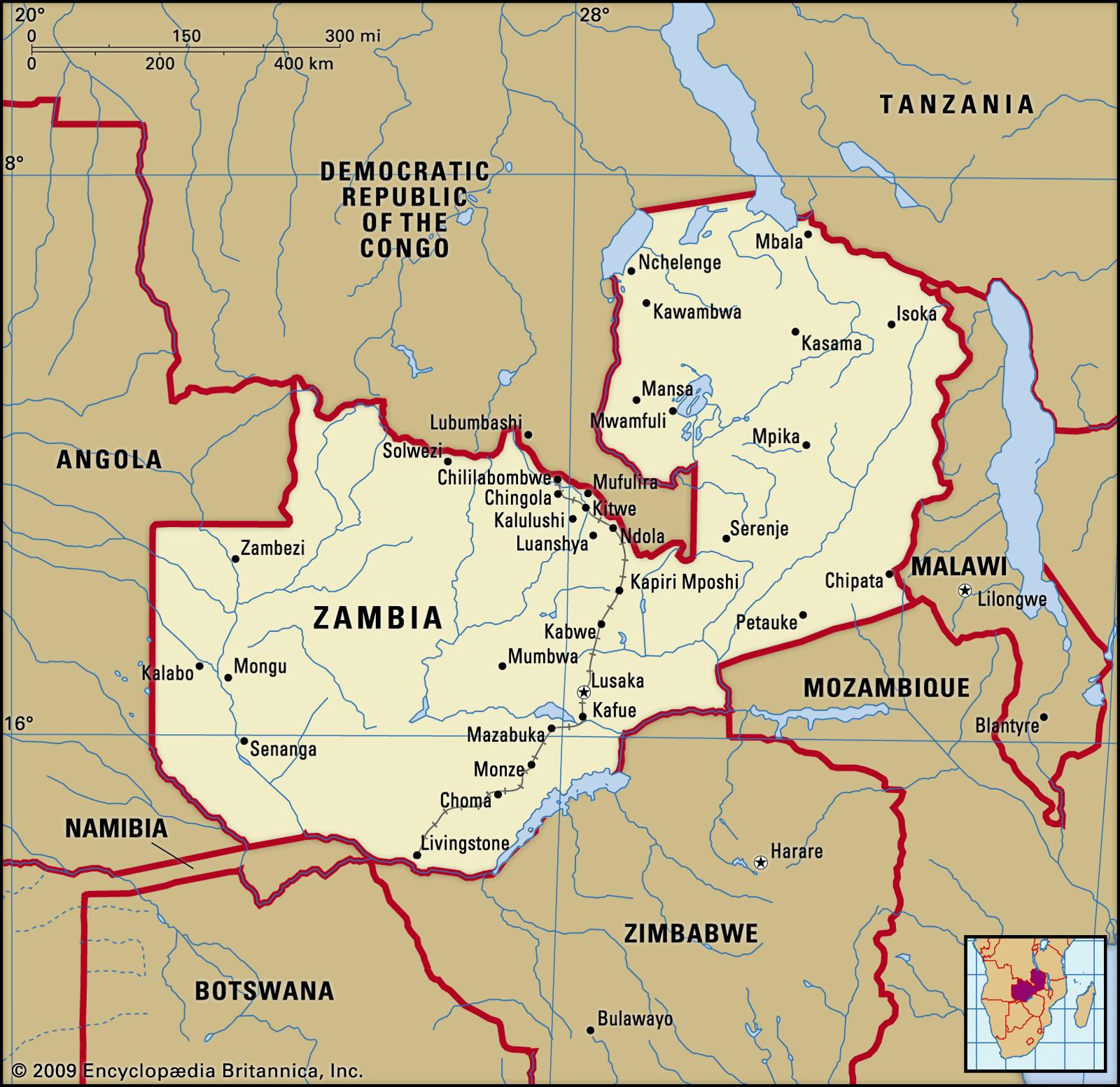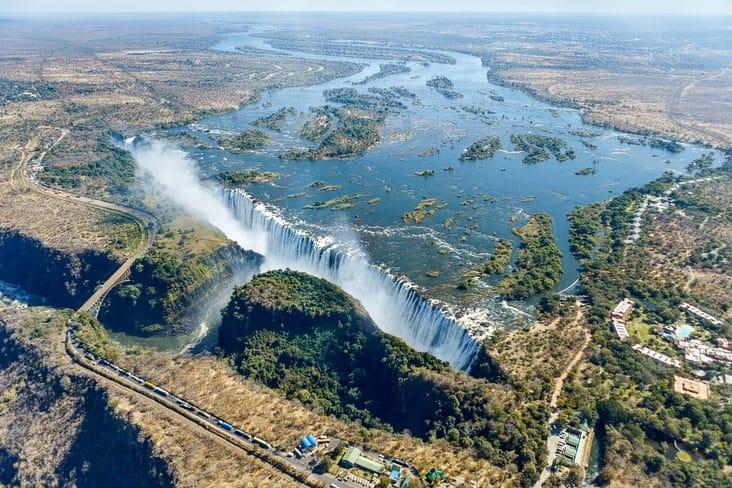Zambia’s Political Legacy at Stake as ex-President Lungu is Laid to Rest in South Africa
The death of Zambia’s former leader, Edgar Lungu, marks a pivotal moment in the nation’s political landscape, one deeply interwoven with family strife and lingering resentment.His burial in South Africa, a decision influenced by a prolonged feud between Lungu’s family and the Zambian government, reflects not only personal divisions but also broader national sentiments.Among the factors that have colored this situation are:
- Political Tensions: Lungu’s presidency, characterized by controversies and allegations of authoritarianism, left a polarized legacy.
- Family Disputes: feuds over funeral arrangements highlight deeper issues within Zambian politics, as the family sought to distance itself from the current government.
- National Unity at Stake: The choice of burial location underscores concerns for national cohesion, as citizens grapple with the implications of this separation.
as Lungu’s remains are repatriated to a foreign land, the implications for Zambia’s identity and collective memory are profound. Observers note that this unprecedented decision could redefine how future leaders are honored or remembered, challenging the very essence of Zambian statehood. Key considerations for the future include:
- Cultural Questions: The decision reverberates throughout society, sparking discussions on patriotism and belonging.
- Legacy Reexamination: The political and social legacy of Lungu’s time in office will be scrutinized more intensely in light of this event.
- International Relations: Zambia’s relationship with South Africa may evolve consequently of these new dynamics.

Family Disputes and cultural Implications Surrounding Lungu’s Burial Decision
The decision to inter former President lungu in South Africa has unfolded against a backdrop of deep familial discord that has now spilled into the public eye. Family members are divided over where he should rest, with some fiercely advocating for his burial in Zambia, believing it is a rightfully significant honor. Those in favor argue that *Lungu’s legacy is closely tied to his home country*, stressing the importance of a burial site that reflects his contributions to Zambian politics. Conversely, tensions among relatives have highlighted contrasting beliefs regarding cultural roots and national identity, raising questions about the family’s unity during this pivotal moment of mourning.
The implications of this feud transcend personal family disagreements, shedding light on broader cultural perspectives regarding death and remembrance in Zambian society. In many African cultures, rituals and burial locations are steeped in tradition and regional importance, frequently enough symbolizing *honor, respect, and continuity of lineage*. As the dispute unfolds, sentiments have emerged related to national pride and collective memory, especially in light of Lungu’s political tenure, which was marked by both achievements and controversies. This incident emphasizes the challenge of navigating personal grievances alongside societal expectations, raising pressing questions about how public figures are remembered and honored in the context of cultural heritage.

Repercussions for Zambia’s National Identity and Unity in the Wake of Lungu’s Death
The decision to bury former president Edgar Lungu in South Africa, rather than his homeland of Zambia, has unfurled a complex tapestry of emotional and political responses across the nation. This development has raised urgent questions about national unity and collective identity at a time when the country grapples with deep-seated issues related to governance, memory, and legacy. as discussions unfold, many Zambians find themselves reflecting on Lungu’s impact and the broader implications of his family’s decision to choose a foreign resting place. the fractured relationship between Lungu’s family and parts of the Zambian populace adds layers to this narrative, revealing a spectrum of sentiments that range from disappointment to anger.
Moreover, the repercussions extend beyond immediate reactions, as they echo through Zambian society and its institutions. The rivalry within Lungu’s family highlights the political divisions that have long plagued the country, igniting debates about loyalty, heritage, and what it means to be Zambian in contemporary times. with the former president’s burial site set in a place that symbolizes both estrangement and solace, it compels citizens to engage with their history, identity, and aspirations for unity.Key themes emerging from this situation include:
- A need for reconciliation: The divisions exposed by the burial decision require dialog and understanding among Zambians.
- The role of leadership: Lungu’s legacy will be scrutinized and debated, potentially shaping the future political landscape.
- National memory: How Zambia honors its leaders-and the complexities involved-will influence collective identity for generations.

Recommendations for Healing and Reconciliation within Zambian Society Post-Burial
As Zambia grapples with the complex emotions following the burial of its former president in South Africa,the path to healing and reconciliation becomes paramount. It is crucial for both the government and civil society to initiate open dialogues that seek to unite rather than divide. Community forums should be established to allow citizens to express their feelings, share their thoughts on the leadership transition, and reflect on the legacy of Lungu. This could foster a sense of belonging and collective purpose, nurturing understanding among diverse groups within the society. Additionally, engaging local leaders and influencers in these conversations can strengthen bonds and build trust among communities.
In parallel, educational initiatives aimed at promoting national unity and respect for differing opinions must be implemented. Workshops, seminars, and community outreach programs can help instill values of tolerance and understanding, especially among the youth. Encouraging artistic expression through theater, music, and visual arts can serve as powerful mediums for storytelling and healing, allowing individuals to process their grief and share their experiences narratively. The emphasis must not only be on remembering the past but also on fostering a future where citizens feel empowered to contribute positively to Zambia’s democratic discourse and identity.